
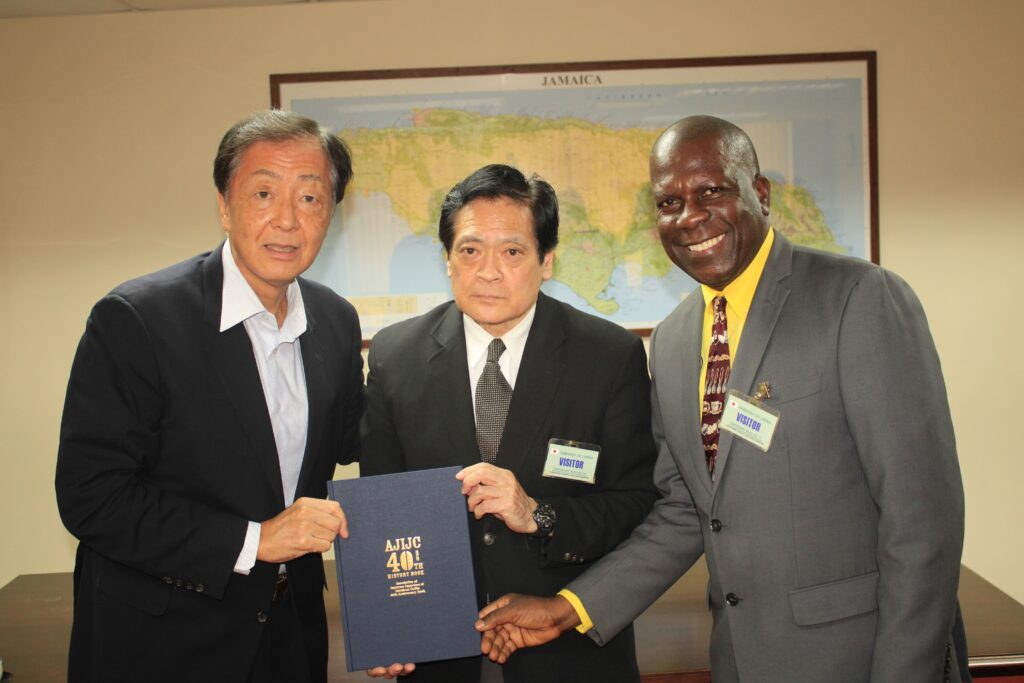
Jamaica’s premium Blue Mountain Coffee and High Mountain Coffee remains in demand on the Japanese export market, especially at a time when coffee prices are up which represent a recovery from the fallout over prices and other factors in 2017.
Local farmers are also set to receive a boost in coffee production following the announcement of a $3.2 billion crop restoration and expansion programme by Agriculture Minister Floyd Green over the next five years.
Green, who was speaking at the Jamaica Coffee Exporters Association (JCEA) for a delegation from the Association of Japanese Importers of Jamaican Coffee (AJIJC) on Monday, June 17, said among the features of the assistance would be the provision of “15,000 coffee seedlings, fertilizer, improvements to the road network in coffee-growing regions, including good drainage systems, and most importantly, training to help farmers adjust to new climate-smart agricultural practices.”
These form part of the Crop Restoration and Establishment Programme (CREP), which is designed to assist “5,000 coffee farmers and 102,000 farm families. We’re going to be focusing on sustainable growth by ensuring that we embark on our biggest-ever replanting programme that Jamaica has seen for Blue Mountain Coffee,” he said.
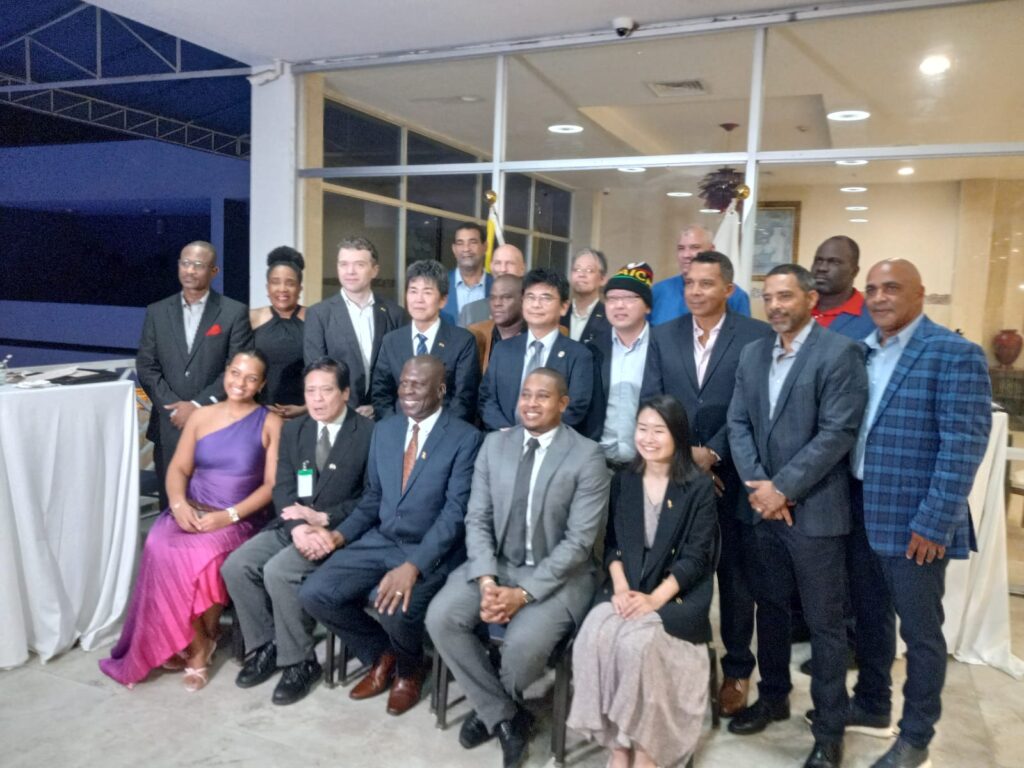
Meanwhile, the first secretary at the embassy of Japan to Jamaica, Masahiro Masunaga, who spoke on behalf of the incoming Japanese Ambassador to Jamaica, Atsumi Yasuhiro, praised the longstanding trading relationship between Japan and Jamaica, revolving around the island’s premium coffee.
Masunaga was addressing a reception held at the Jamaica Pegasus Hotel. Masunaga’s visit was the first from Japan to Jamaica in 15 years and represents a renewed interest from Japanese buyers at a time
Coffee interests have been calling on the government to provide support to farmers in the face of a decline in production and a retreat from coffee farming for some time.
Chairman of the JCEA Norman W. Grant, along with other voices, have been calling for investment in infrastructure such as farm roads and assistance with crop replanting and technology such as terracing to boost production for years, a situation exacerbated by heavy rains and earthquakes in recent times.
He also noted that the Jamaica Agricultural Commodity Regulatory Authority (JACRA) was also investing heavily in technology to ensure that “only the best quality coffee leaves our shores.”
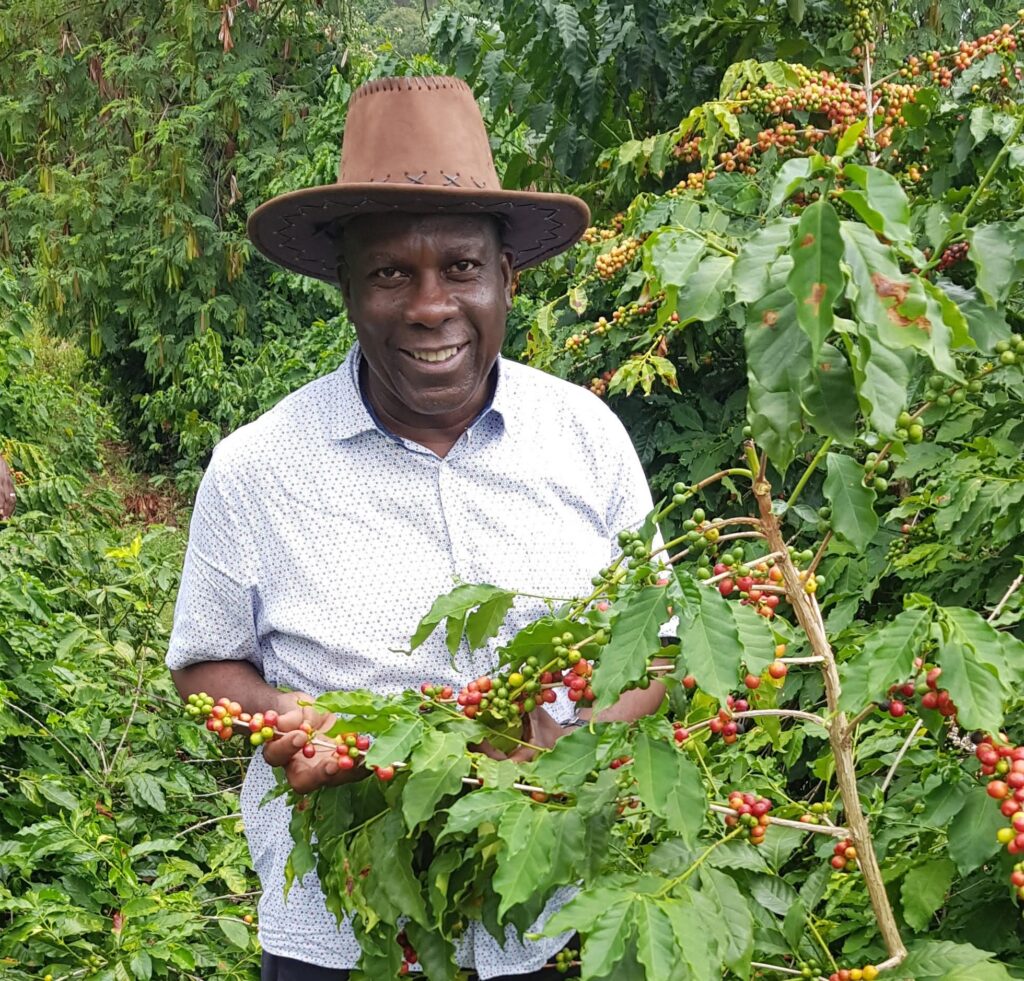
Grant is on record for noting that the strategic vision of the JCEA is to develop the Jamaica Blue Mountain and High Mountain brands and expand the market to ultimately engage over 25 million coffee stakeholders and millions more coffee consumers globally in celebrating the ‘finest coffee in the world’ through a strategy that includes guaranteeing quality, maintaining consistent supply, and sustainable prices.
Grant stated that the fundamental mission of the JCEA is to “grow and re-develop the Jamaican coffee industry through increased production and productivity of our farmers, sustainable prices, brand development, expansion, market development locally and internationally, and diversification into areas such as coffee-infused chocolate and others.”
Currently, some 70 per cent of total production of Blue Mountain Coffee is exported in green beans to Japan, with the rest exported to the US, UK, and Europe.
Coffee is among Jamaica’s top-10 exports and is a contributor to the country’s gross domestic product (GDP).
AJIJC Promotions Committee Chairman Masanori Kotani, in his greeting, introduced the new generation of coffee buyers from Japan, noting that they looked forward to engaging with the sector as the Japanese people enjoyed Jamaican Blue Mountain and High Mountain Coffee—”the”king of coffees.”.
The Japanese delegation is touring coffee plantations and farms, including the Mavis Bank Coffee Factory, Café Blue in Kingston, Craighton House, Clifton Mount, and Country Traders, as well as holding meetings with the Agriculture Ministry, JACRA, and the JCEA, among others.

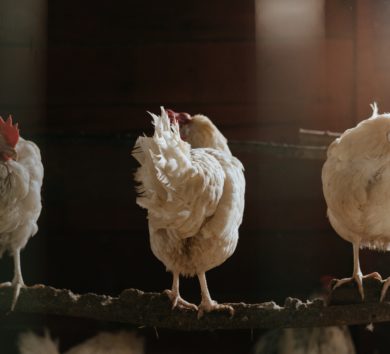

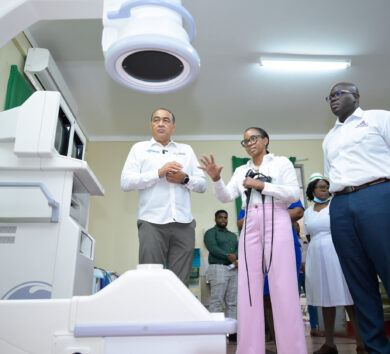


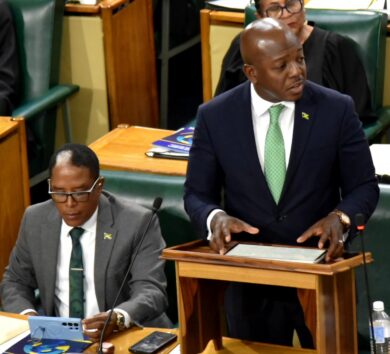
Comments